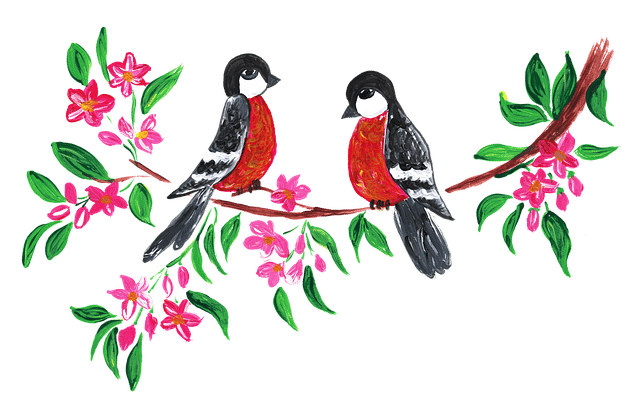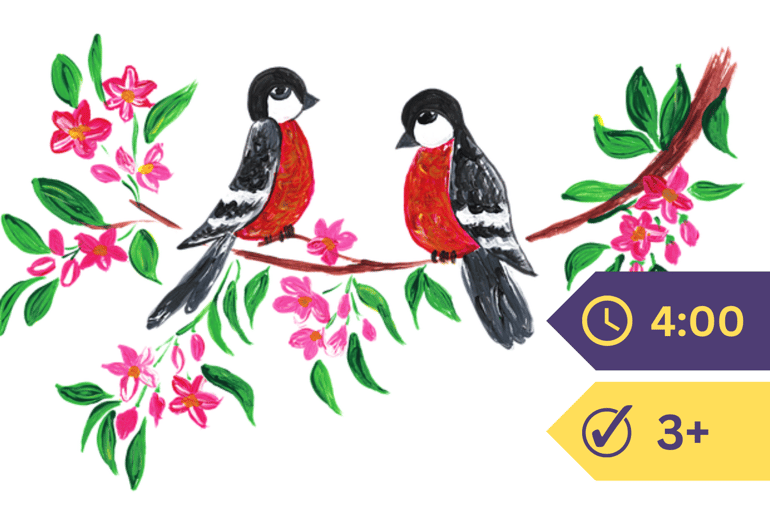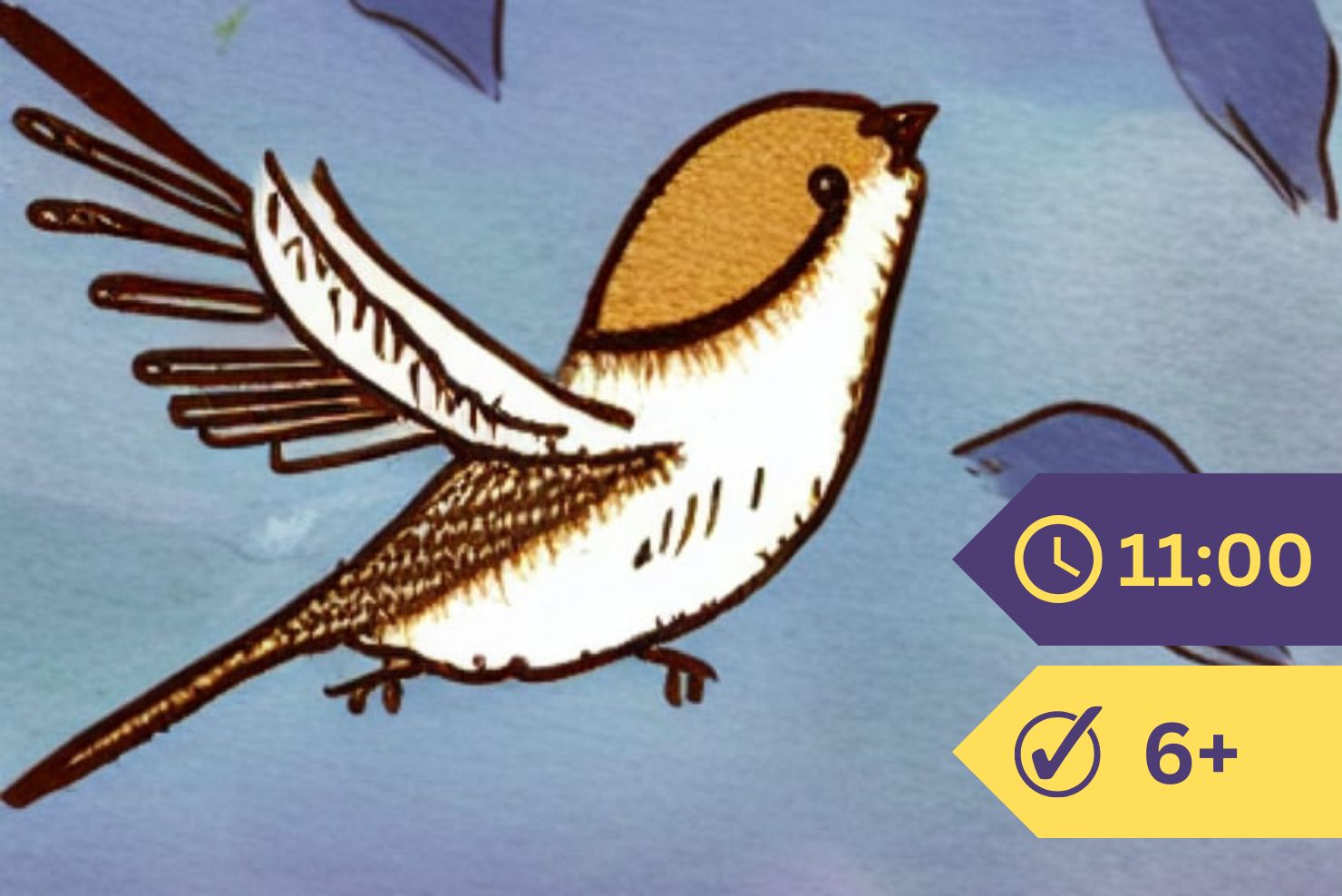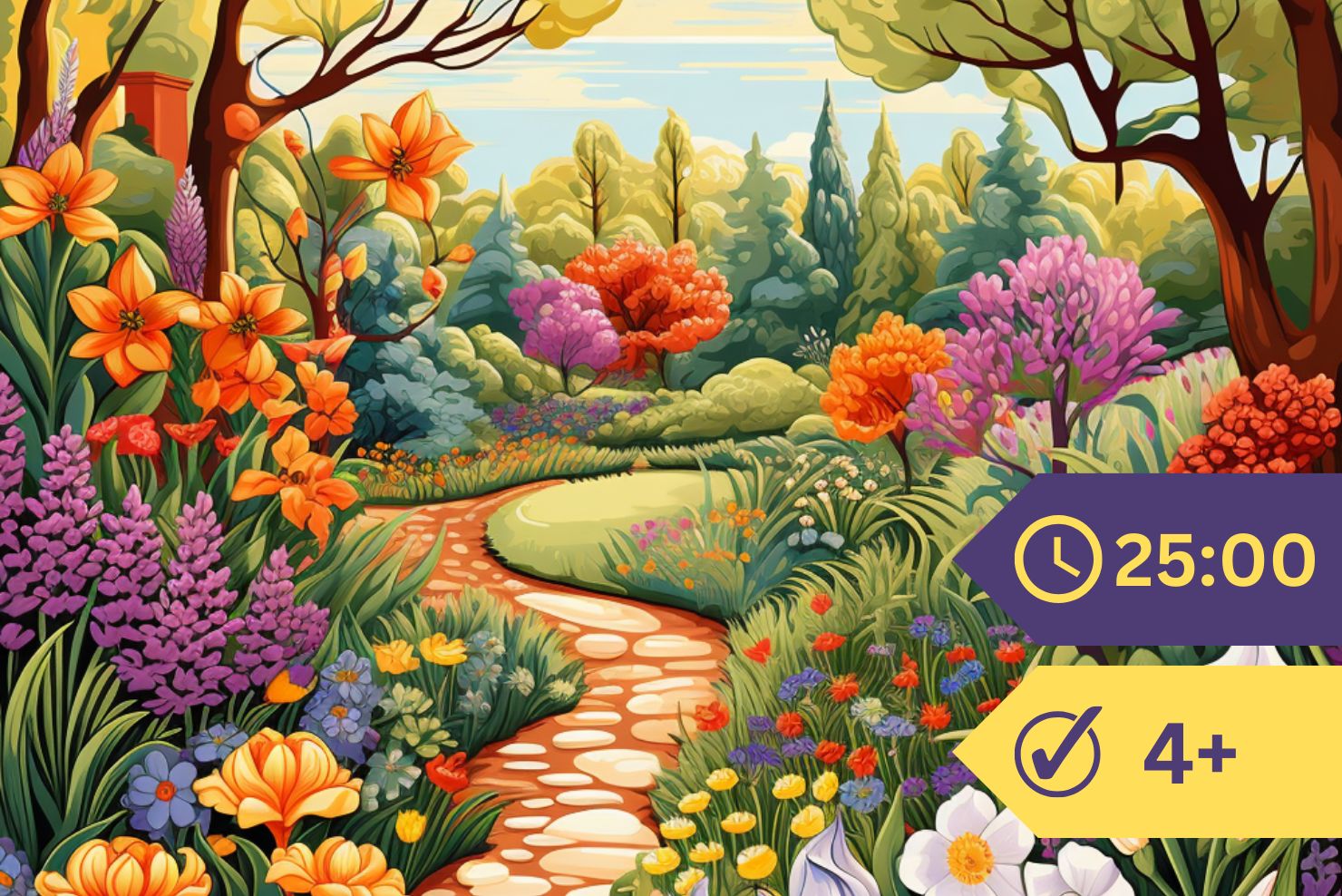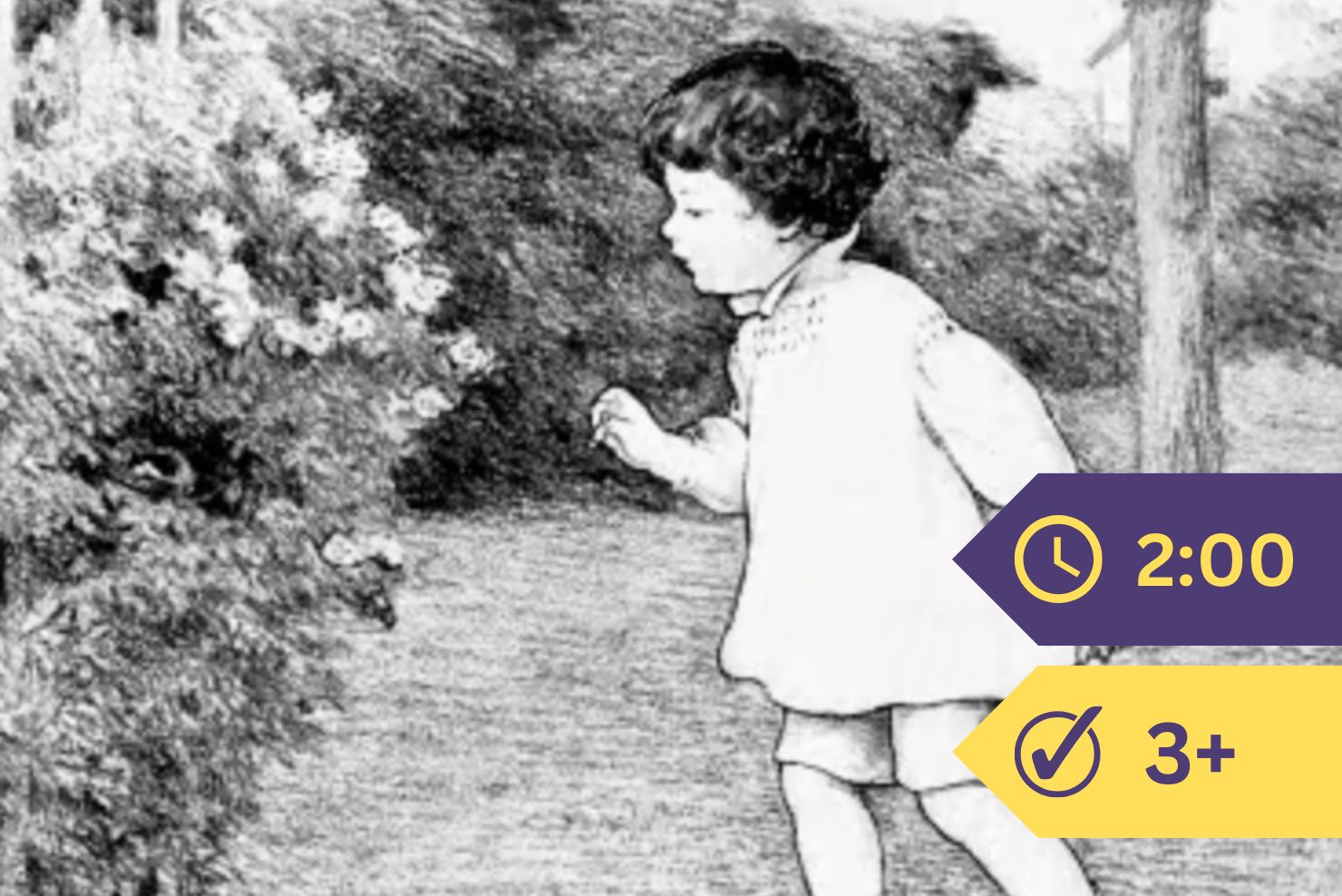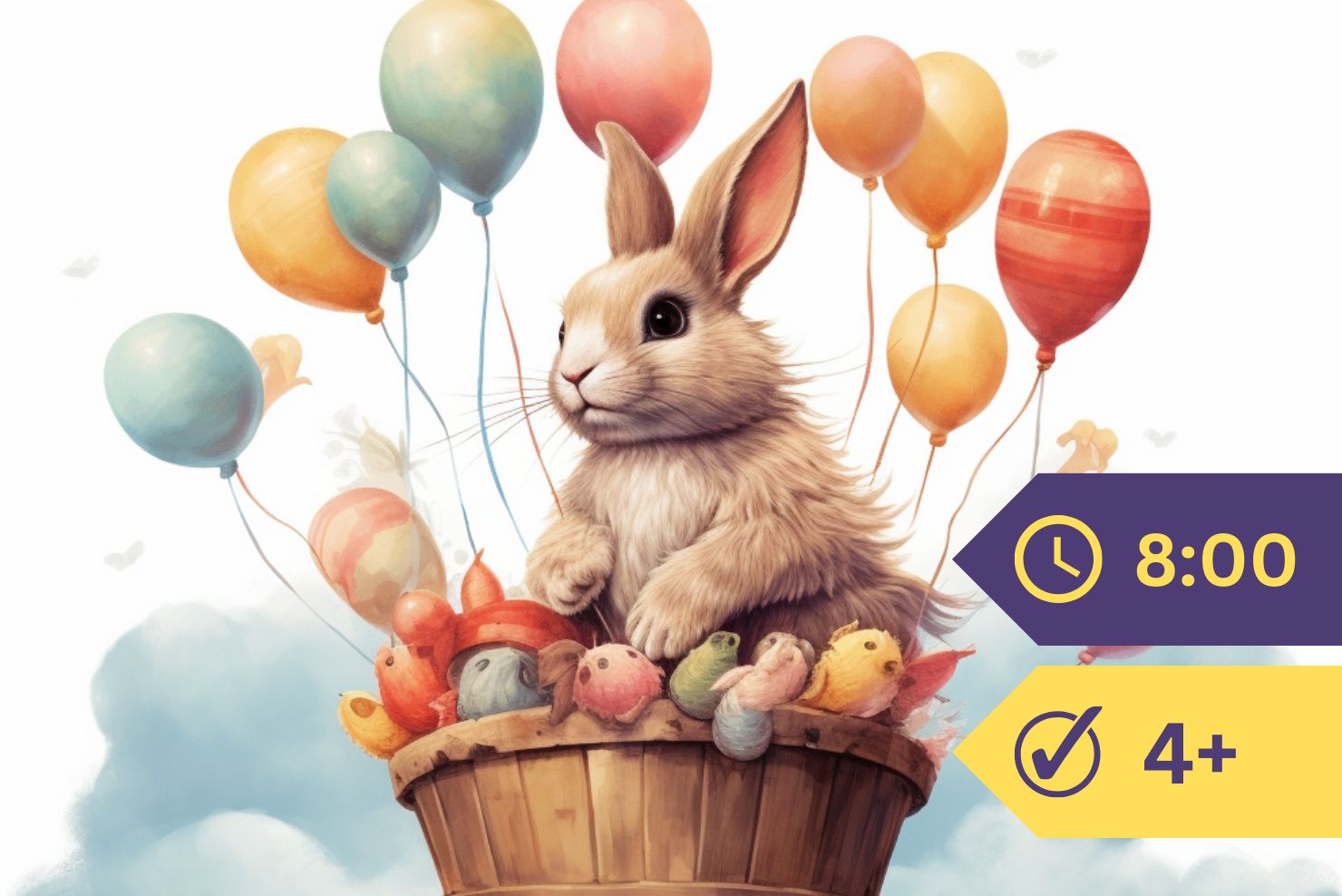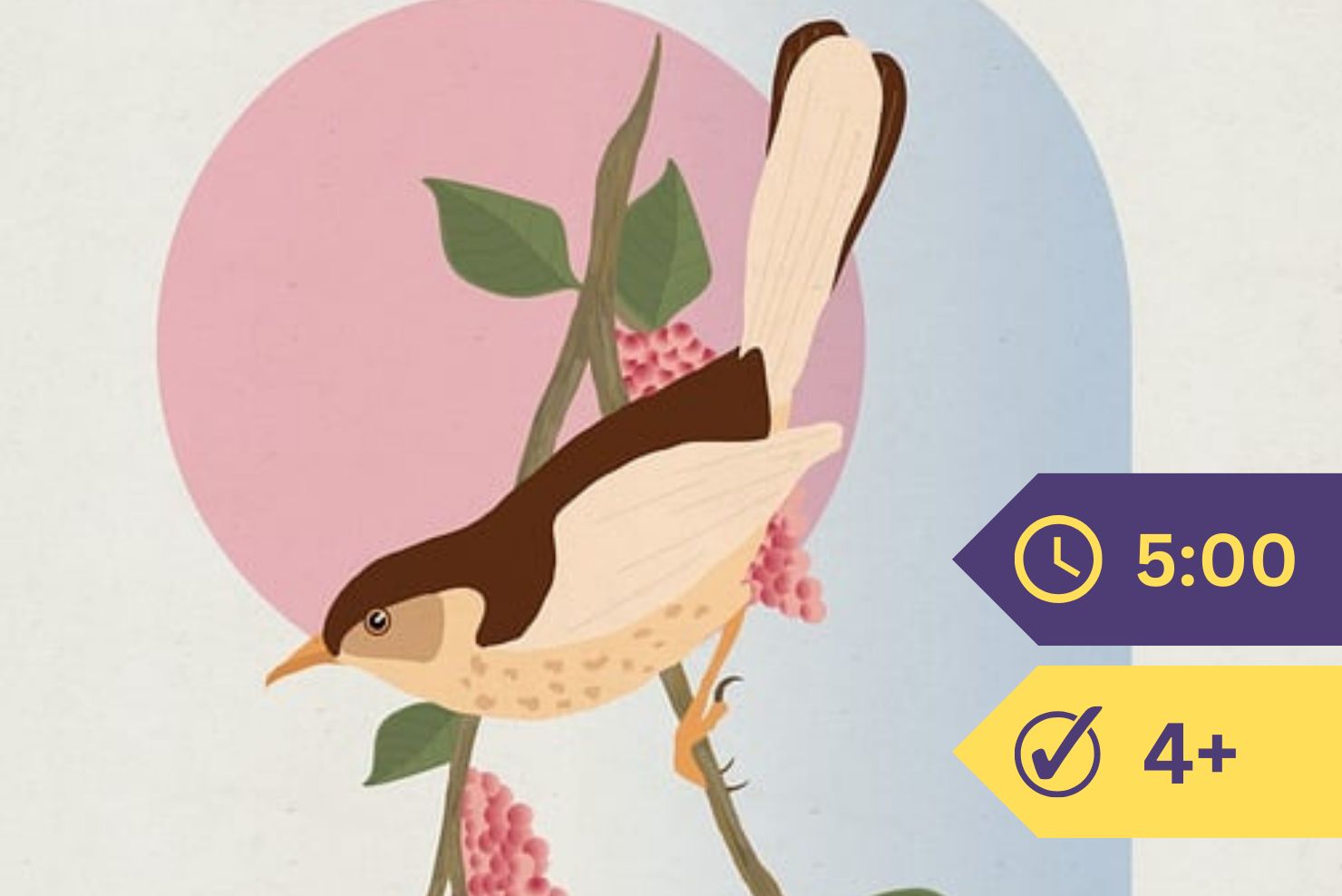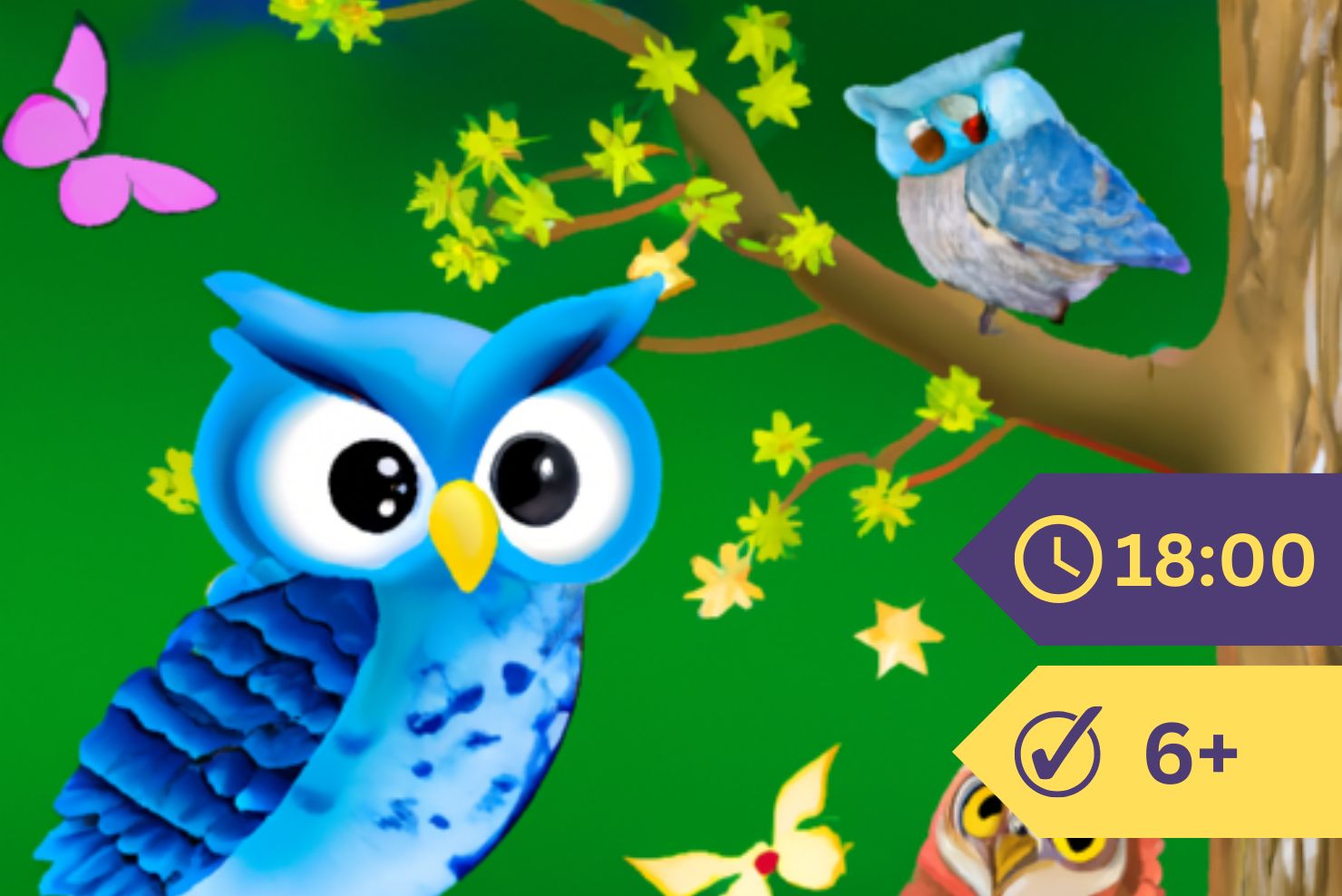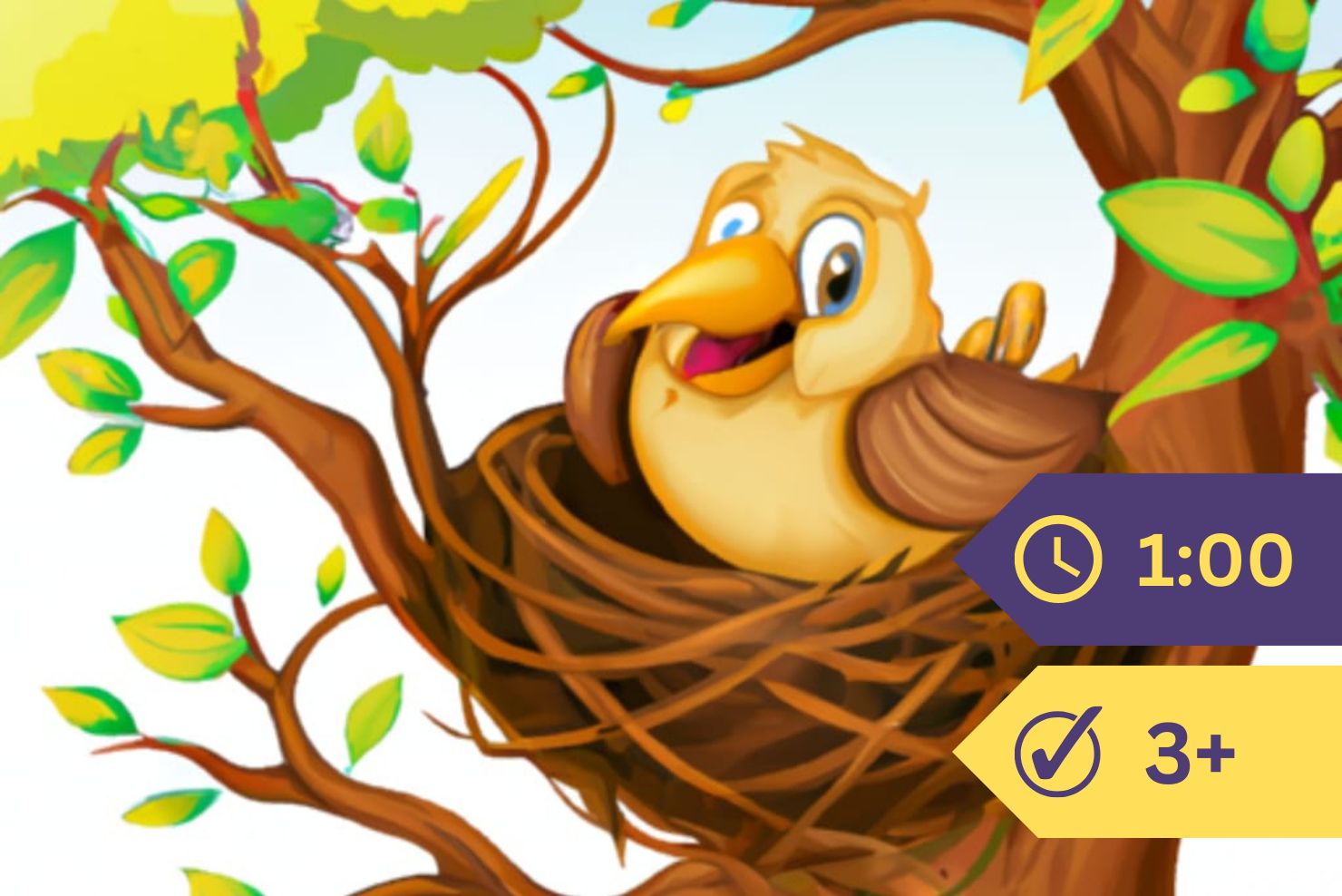A sparrow that lived with many others in a public park offended his neighbors by getting up too early in the morning and beginning to chirp before they were willing to be waked. They called a meeting of all the flock, and after considering the matter told him that he and his mate must look for another home.
This he refused to do, saying that he had as good a right to stay where he was as they had. “These trees do not belong to you,” he said, “and you don’t pay rent for the bird-boxes we live in. They were put up by the people who own the park, because they love to see us building our nests and flying around here. Besides this,” he continued, “I have done nothing wrong, for I never wake up till the break of day, and do not begin to chirp for several minutes after that, when all industrious sparrows should be ready for breakfast. This very morning I heard a cock crow before I opened my bill, and what sparrow would not be ashamed to be lazier than the chickens?”
When the other birds heard this speech, they did not try to answer it—for, indeed, every word was true and they could say nothing against it—but they attacked the sparrow and his mate and drove them from the park. As winter was beginning, they knew not where to go or what to do. For the first few nights, they roosted on the roof of a stable; but this was a lonely place and as they had no perch to clasp with their little feet, the wind almost blew them away. Besides this, the man who kept the stable swept the yard so clean that hardly any corn was leftover and they could hardly pick up as much as would make a good meal in a whole day.
From the roof of the stable, they moved under the eaves of a carpenter shop and thought this was a nice spot. Unfortunately, one dark night, a cat quietly walked on the roof to the spot where they were sleeping. The cat suddenly put out her paw and almost caught them both in her sharp claws. The cat caught poor Jenny’s tail and pulled out every feather of it, which did the cat no good, but it was a great loss to Jenny since she could hardly guide herself in flying and it looked very odd.
After this, they led a sad, wandering life for the rest of the winter, always sleeping in fear on clotheslines and fences, and picking up a bare living—mostly from frozen slop buckets and around kitchen doors. But toward spring, better fortune came to them. One morning, a little girl looking out of the dining-room window spotted them hopping about the pavement below and threw them some crumbs. She was overjoyed to see them quickly eat what she had thrown. She ran back to the table and brought them as much as they wanted.
The next day, Jack and Jenny came again, and after that, every day, almost as soon as it was light, they could be seen waiting for their breakfast from the hands of their little friend. But they were surprised one April morning when the sun was shining brightly and the buds were just beginning to swell on the rosebushes. They saw the carpenter come in at the garden gate, carrying a new bird-box fastened to the top of a high pole. He at once began to set it up in the middle of the grassplot, digging a deep hole to set it in so that it would stand firm in spite of wind and weather.
Their kind little friend ran out from the house and almost danced for joy around the pole while it was being planted. Her father and mother, and brothers and sisters, sharing in her delight, all left the breakfast table to watch the carpenter at his work. That very day, the happy pair—little Jack and Jenny—went into their new home, and before night, were picking up dried grass and twigs with which to begin building their nest.
